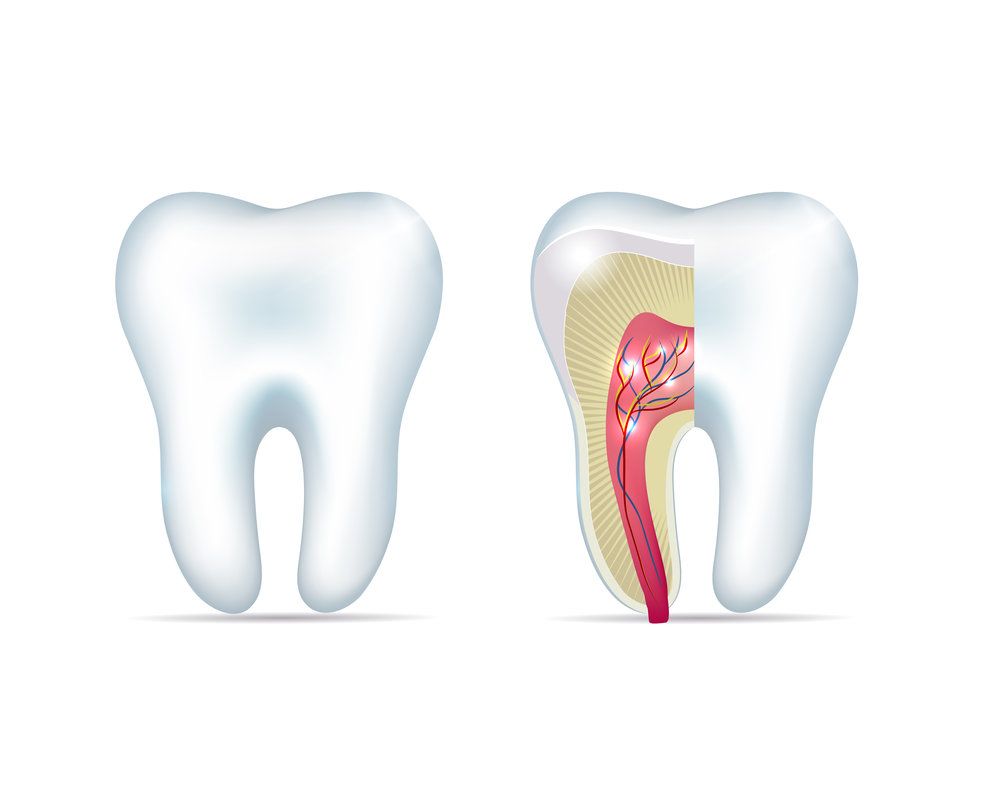How Do Cavities Form?
 Many patients think of cavities as a childhood problem, but cavities can form at any age. You can help protect your teeth from cavities by learning their causes and how they form. If you already suffer from dental cavities, our restorative dentistry treatments can help get your oral health back on track. To find out which treatments are right for you, we invite you to schedule a consultation with Warsaw dentists Bill Stofer and Jason Hemphill.
Many patients think of cavities as a childhood problem, but cavities can form at any age. You can help protect your teeth from cavities by learning their causes and how they form. If you already suffer from dental cavities, our restorative dentistry treatments can help get your oral health back on track. To find out which treatments are right for you, we invite you to schedule a consultation with Warsaw dentists Bill Stofer and Jason Hemphill.
How Cavities Form
Cavities develop over time as a result of tooth enamel erosion caused by plaque and tartar build up, as well as the foods we eat and drink. As the protective enamel layer is worn away, the tooth is left vulnerable to cavities and decay. The bacteria that feed on plaque and tartar secrete acid that eats away at the structure of the teeth. The acids found in certain foods and drinks, like citrus juices and soft drinks, can also cause dental cavities. Some common causes of cavities include:
- Poor oral hygiene: Poor oral hygiene, which includes failure to brush and floss and missed dental visits, increases the risk of dental cavity formation. This is because poor oral hygiene allows food remnants and plaque and tartar to remain on the teeth.
- Plaque and tartar build up: Plaque and tartar sticks to teeth, allowing the acids from food remnants and bacterial digestion to stay in direct contact with the enamel. In addition, dental bacteria feed on plaque and tartar. As they feed, they emit acids that cause cavities.
- Sugary foods and drinks: Oral bacteria thrive on the sugar in foods and drinks, so consuming excessively sugary foods and drinks increases the amount of bacteria in the mouth.
- Acidic foods and drinks: Like the digestive acids secreted by oral bacteria, acids in foods can erode the enamel and lead to dental cavities.
Preventing Dental Cavities
With proper dental care, you can help reduce the risk of dental cavities. Follow these tips to protect your smile and prevent dental cavities:
- Brush your teeth twice daily: One of the best ways to remove plaque and prevent tartar formation is to brush your teeth at least twice a day, for a full two minutes each brushing. Use small, short strokes and be sure to thoroughly brush the back teeth and along the gum line.
- Floss everyday: Flossing is highly effective at reducing plaque and tartar build up between the teeth and along the gum line. Make flossing part of your daily routine to prevent cavities between the teeth and at the gum line.
- See your dentist every six months: Seeing your dentist for regular check-ups and cleanings helps prevent dental damage, and allows dentists to catch problems at their earliest, most easily treated stages.
- Avoid sugary, acidic foods and drinks: Sugary and acidic foods and drinks increase the risk of enamel erosion, which can lead to dental cavities.
Schedule a Consultation
If you already suffer from dental cavities, there are many treatments available to restore both the appearance and health of your smile. To learn more about your treatment options, schedule a consultation with Drs. Stofer and Hemphill.


